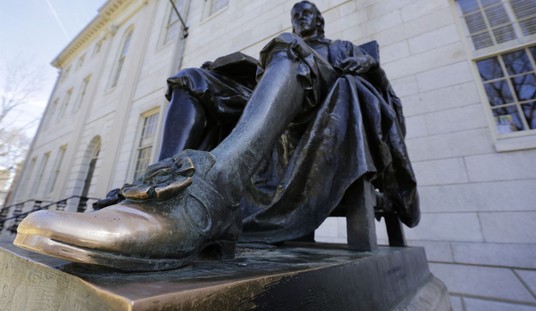
You draw up a play and expect it to be executed perfectly to lead to a big score. You cannot always anticipate when the officials will step in and state that your plan violates the rules. One NFL team is currently going through this scenario, and it has nothing to do with football.
The 5th Circuit Court of Appeals handed down the decision that upholds a prior finding that the Tampa Bay Buccaneers would not qualify for compensation from the payout from the BP oil spill that occurred in 2010. The team had applied for a payout from the Deepwater Horizon settlement program that the oil conglomerate set up to repay any damages people and businesses may have incurred as a result of the disaster. The AP breezes over the reasons behind this judgment and the accounting tricks the team attempted in order to get a significant payout.
The oil spill affected roughly 1,000 miles of the U.S. coastline, and the company made efforts to avoid lengthy and countless lawsuits by setting up the compensation program. Those closest in proximity to the spill were granted priority status, and then those in the widening zones given more strict analysis. Tampa, situated some 350 miles or so from the spill site, is considered to be in one of the furthest qualifying areas, and as a result any claims from there would need to meet what was dubbed a “causation test”.
A business entity from these outlying regions would have to submit paperwork showing the way its commerce was economically impacted immediately after the spill, and the recovery it experienced one year later. This impact/recovery chart would need to show the downturn on the graph — a “V-Test” — that displayed a minimum 10% variance from 2010 to 2011 to qualify for compensation.
If you are wondering how an oil spill in the Gulf of Mexico affected an NFL franchise you are thinking the same as the settlement program’s accountants. The Buccaneers applied for $19.5 million in compensation, and the way they showed their economic suffering produced all manner of yellow flags to be tossed. The first issue is the paperwork submitted to show the hardships did not cover the parts of the calendar when football was being played.
The period of time the Bucs franchise used to illustrate its supposed loss was in May-July of the summer of 2010 and 2011. Revenue could not have been depleted as a result of fewer fans in attendance, or some other environmental issues that may have affected money streams connected to gameplay. Instead it was discovered the franchise attempted to show an economic downturn via selective accounting tactics.
At issue was the recording of income the team received via the NFL Ventures payout. This is the revenue-sharing plan that all the teams receive, based on the profits derived by the League each season from television contracts, licensing deals, advertising, and all manner of income. This income has little-to-nothing to do with the oil spill.
Accountants for the BP compensation program asked the team to explain the variance in the way it recorded its payment from the Ventures division. In 2010 the Buccaneers recorded receiving money from this payout plan in January, and then later in the August segment. In 2011 in showed its Ventures payment in May-July. This obviously would show a greater sum in that period during the subsequent year.
The team was not surprisingly denied the claim. Officials from the Buccaneers explained the League had directed them to record their profit payment in that quarter due to an impending labor dispute with players in 2011. They could not provide documentation to back up this claim. It also could not show how this in any way had anything at all to do with the Deepwater Horizon issue.
Executives from the franchise took their case to court, and it was initially denied. The 5th Circuit appellate court not only upheld the prior decision, but it also laid out the reason why, in direct fashion:

The use of the term “Unjustified departure” in this passage could quite easily be interpreted as “It seems obvious you were cooking the books.”
While the Tampa Bay Buccaneers should have felt shame over this brazen attempt to game the payout program the organization clearly held no such feeling. Two vain court attempts show this to be true. That officials went under the hood to review their gadget play and overturned the result illustrates the way they tried to rig the game.














Join the conversation as a VIP Member